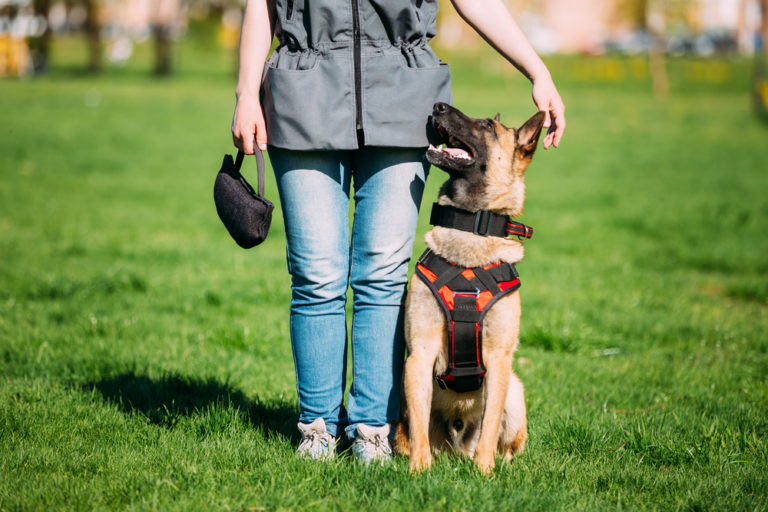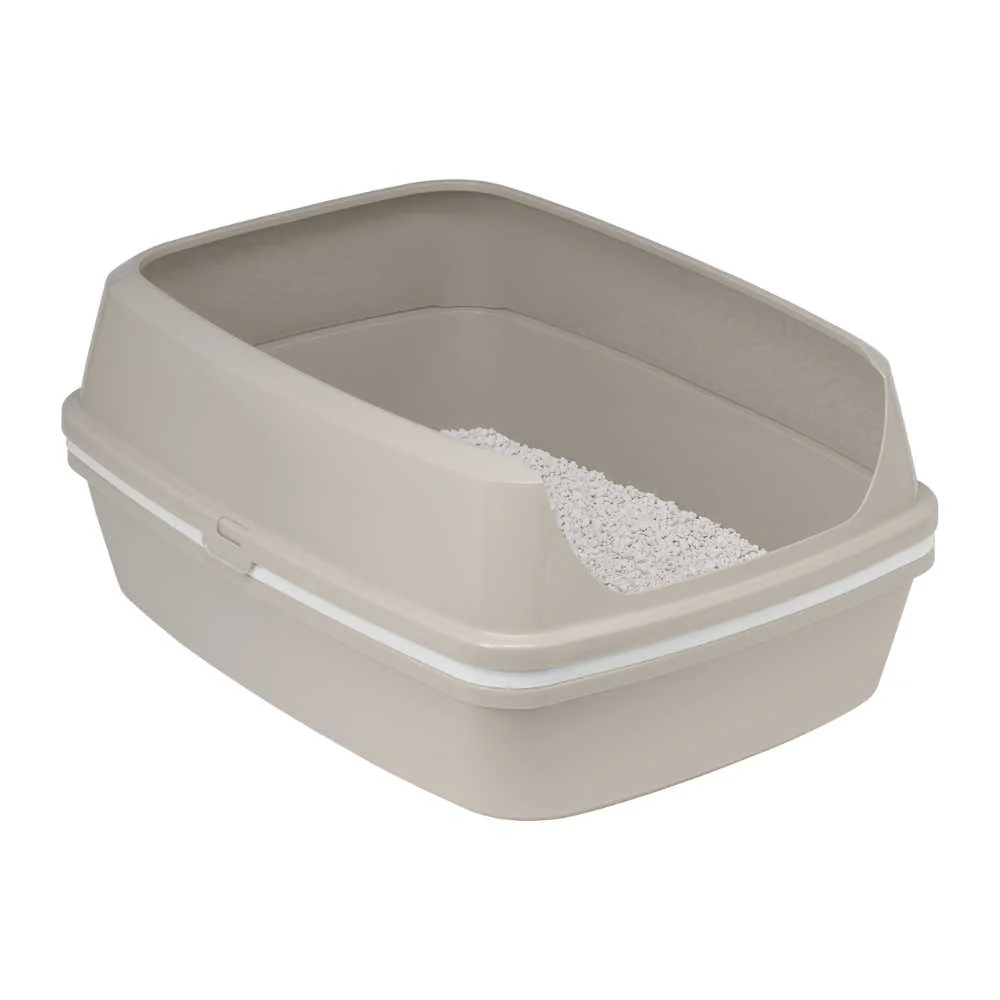Few things feel more frustrating than dogs persisting behaviors we try every tactic short of begging to curb. But before resigning yourself to enduring clingy pups perpetually underfoot or accepting busted screen doors as inevitable escape aftermaths, understand unwanted habits only continue happening because they somehow get rewarded for our canine friends. Transform unwanted behaviors by revealed what perpetuates them in the first place.
Step 1 – Identify Underlying Motivations
Rather than just scolding torn-up toilet paper rolls left in dismay, first objectively deduce what incentives drive the undesirable action itself benefiting dogs enough to expend effort repeating it. Chewed-up shoes says boredom. Accidents left by doors point to incomplete potty training. Knowing root causes determines best solutions.
Step 2 – Manage Prevention Strategically
Once you pinpoint likely motivations, physically preventing repetition helps break habitual reward patterns. Lock tasty trash deeply away, crate dogs when alone until properly potty trained, exchange tugged socks for durable chews satisfying similar oral fixations. Set pups up for success breaking triggering temptation access.

Step 3 – Reward Desired Alternatives
Now incentivize “good” replacement habits incompatible with unwanted past problems. Praise voluntarily resting quietly in beds for attention over barking manically nonstop. Treat appropriate potty breaks outside instead of more indoor lapses. Clicker mark/reward non-reactivity to cats, not outburst lunging giving adrenaline rewards. Fulfill needs through acceptable outlets.
Step 4 – Avoid Unintended Rewards Entirely
In many unwanted behavior cases, dogs continue their tactics because any human attention fuels the reward jackpot internally even if we try scolding them “no”. Separate entirely when unwanted behavior starts, isolate offending dogs calmly without dialogue or eye contact briefly, then reunite praising polite conduct as if nothing happened.
Step 5 – Commit Consistency For Lasting Change
Sporadically allowing unwanted behaviors sends conflicting messages keeping previous habits alive through partial reinforcement. Stick unwaveringly to new leadership boundaries and reward systems for the long haul until replacement routines feel engraved for your dogs. Good leadership convinces followers old ways can’t compare to new deals you guide them towards through unwavering peaceful structure applied thoughtfully.
Clearly more at stake exists behind unwanted behaviors than sheer revenge destruction plots against prized footwear. Objectively uncover root causes, incentives, enablers and communicative disconnects perpetuating issues – then reroute your dogs’ needs manifesting more happily through simple fixes, prevention and building up incompatible preferred habits in their place. Stay the leadership course positively!

Frequently Asked Questions
Are shock/prong collars ever okay short-term stopping unwanted behaviors?
Absolutely not – significant risks of physical injuries or emotional harm from misuse prove too high for questionable efficacy given safer humane options available. Always opt for ethical positive reinforcement instead.
Can I hire remote trainers for unwanted behavior issues?
Yes, teletrainers using webcam sessions coach owners through customized plans applied in home environments with dogs real-time. They diagnose issues, demonstrate techniques, assign homework and monitor progress long-distance through today’s technology.
When do I need veterinary assistance curbing behaviors?
If you reasonably suspect medical factors causing or contributing to unwanted behaviors like house soiling, aggression, destruction increases or compulsive habits, schedule veterinary exams and bloodwork ruling underlying illness out before behavioral approaches.
Rather than quick-fix gadgets, leverage understanding your dog’s inner world – thoughts, needs, intents and skill gaps explaining unwanted deed. Fill gaps caringly meeting them halfway through ethical leadership. Foster the good in them positively!



